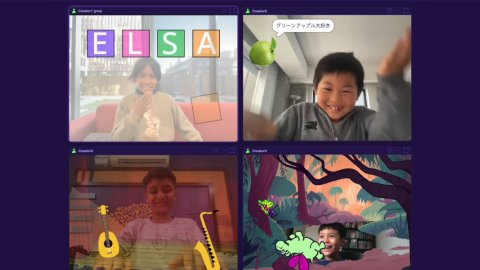
Our dependency on tech has soared during the pandemic. The app analytics company App Annie found that people spent around 4 hours and 18 minutes per day on mobile devices in April 2020. That’s a 20% increase from the year before, equating to an extra 45 minutes per day of screen time.
Research shows that there’s nothing intrinsically wrong with spending more time on screens—especially right now. Apart from the benefits of connecting with friends, family, and coworkers, turning to tech can help us manage difficult emotions and even reduce stress.
Not all screen time is created equal, though. Some online activities do bring a degree of risk. Spending long periods passively scrolling through social media, for example, is linked to greater feelings of envy and loneliness, and a higher risk of depression.
What, then, should we do in the months ahead to make sure our relationship with tech stays as healthy and constructive as possible at a time when we’re all so reliant on it?
It’s far too simplistic to tell ourselves we’re going to cut down on our tech usage.
The answer depends somewhat on your own proclivities. You might be the type of person who feels soothed and inspired after spending a half-hour curating themed boards on Pinterest—but mindlessly scrolling on Instagram for the same amount of time might make you feel tired and irritable.
Regardless of who you are, though, I believe we can all benefit from a more deliberate approach to how we spend our screen time. Our goal should be to find our personal tech balance. Recognize that what works best for you may not be what works for everyone else.
Here are some of the ways we can change our behaviors and mindset to achieve a better balance in the weeks and months ahead.
Build your awareness. It’s difficult to change any behaviors when we’re not clear on what they look like. A good place to start is by tracking where you spend your screen time by using an app, like Moment, or your phone’s built-in tools. Remember that tracking alone isn’t enough—you must check these stats regularly.
Checking in is important because studies suggest we tend to underestimate how long we spend scrolling and swiping. Tracking will provide some perspective and give you a sense of which changes you may want to make.
I also suggest doing regular “mood check-ins” every few hours anytime you’re online. As we scroll, it’s often not clear which conversation, app, or Twitter thread has colored our mood. By consciously checking in with yourself, you can better home in on what triggers bad feelings and decide what activities to avoid or dial back in the future.





Recent Comments